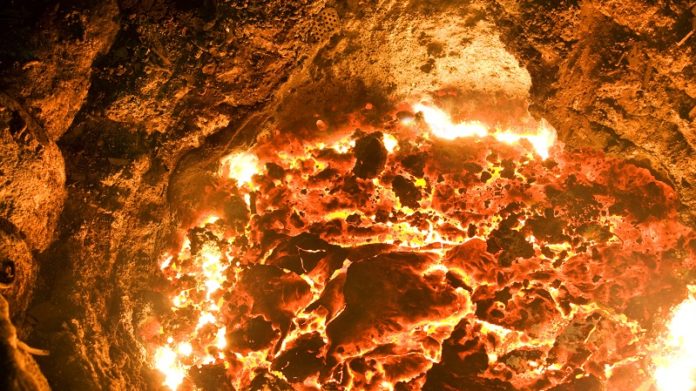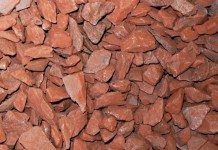
AFRIMAT, a Johannesburg-listed miner, said the proposed purchase of the Gravenhage manganese project in South Africa’s Northern Cape would not proceed principally because the venture lacked a compliant water use licence.
The company said in an announcement today the water use licence issued by the Department of Water and Sanitation “deviates materially” from the licence application that was submitted by the seller, Aquila Steel. As a result it did not “constitute the grant of the Water Use Licence Application as contemplated in the (sale) Agreement,” said Afrimat.
Conditions precedent regarding the $45m sale of the Gravenhage project, announced by Afrimat in May 2021, had an August 20 fulfilment date.
Afrimat also said that a formal dispute had been declared between the company and the seller, which also includes Rakana Consolidated Mines after negotiations failed. If the dispute remains unresolved the parties would resort to arbitration, Afrimat said.
The failure of the transaction to conclude represents the latest in a long list of disappointments for Aquila regarding Gravenhage, a deposit it has had on its books for the best part of ten years.
A dispute regarding the project’s licensing eventually ended up in the Constitutional Court after years of dispute with the Department of Mineral Resources and Energy, which said the deposit was partially owned by a third party.
Aquila is 85% owned by Chinese steelmaker, Baosteel Group.
There has, however, been progress on another acquisition, the R550m acquisition of phosphate, a vermiculite and rare earth mining rights from Glenover Phosphate announced in December last year.
“There are no outstanding conditions precedent in respect of the Inventory Deposits and Vermiculite Mining Right, and payments of R215m and R35m for the Inventory Deposits and the Vermiculite Mining Right respectively were paid in cash to the sellers,” Afrimat said.
The acquisition was structured through a sale of assets agreement and a sale of shares agreement which are subject to a string of suspensive conditions including the granting of mining rights and water use licence application by June 15.
The Glenover deposit has a resource life of more than 20 years which Afrimat said could be extended by “acquiring the remaining in situ resource by exercising the option and implementing the sale of shares agreement”. They mineral rights are situated near Thabazimbi in the Limpopo Province.
Glenover “reduces Afrimat’s exposure to the ferrous metals value chain by providing a multi-commodity product which addresses fundamental needs and trends including the agriculture and food industry as well as new technology applications”, the company said at the time of the acquisition.
“Furthermore, Glenover has the ability to provide minerals into various sectors such as fertilisers and magnets for electric motors. This provides Afrimat with a new platform for growth whilst at the same time reducing cyclicality,” it said.











